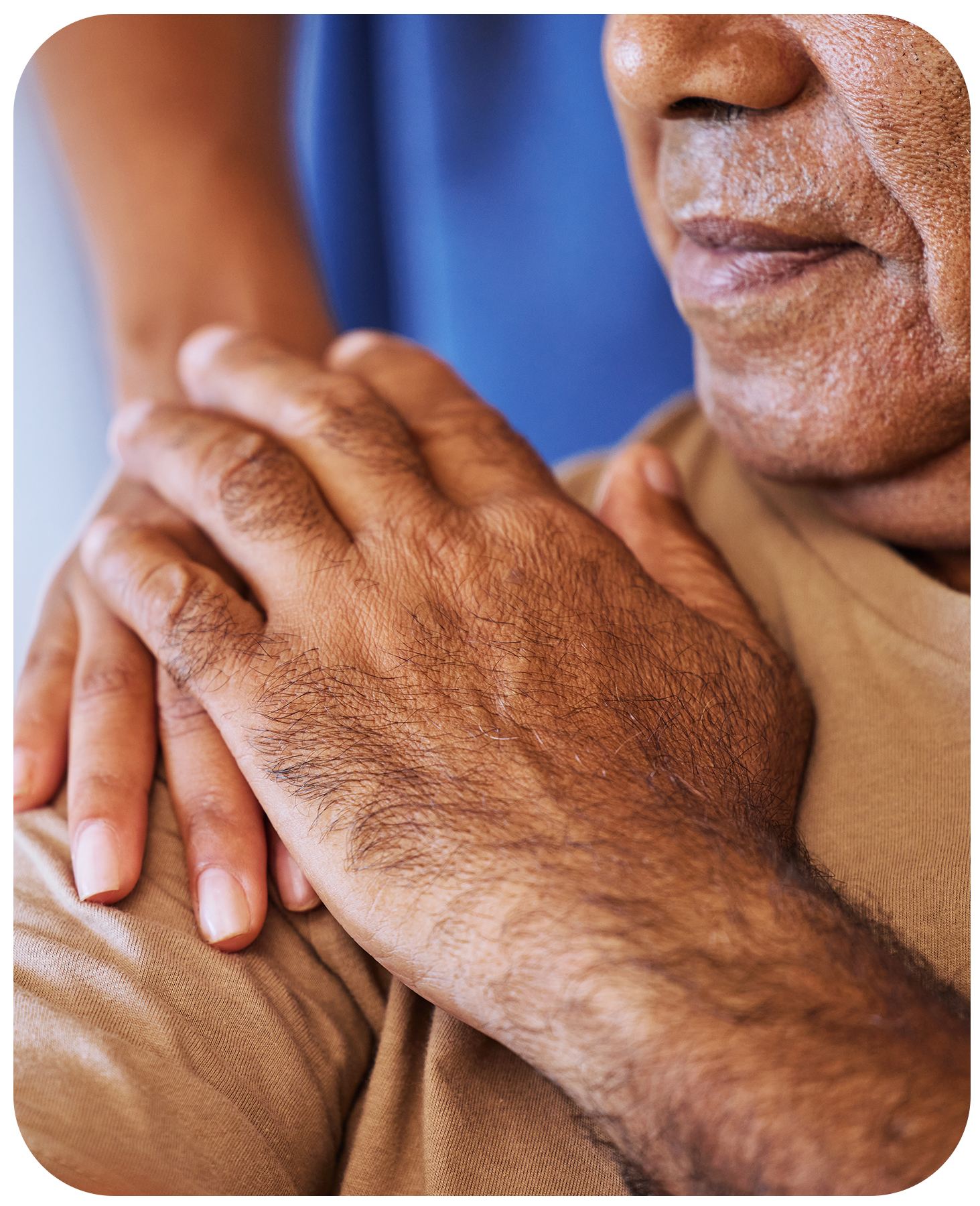Caring For Your Parents
What happens when the roles are flipped? One day your parents are independent, seemingly healthy, on their own, and enjoying life. They come for a visit, take the grandkids to the park, and treat everyone to a nice night out for dinner. It’s a wonderful time and everyone has fun. Sure, they have a few annoying quirks, and you feel like you’re constantly repeating yourself to your mom, but you look past that during the week. After all, it’s only for a short time and then everything will be back to normal.
A month later your dad has an accident while cleaning out the garage and ends up in the hospital. While in the hospital they see something suspicious in his lab work and immediately call Oncology for a consult. Your Dad has been diagnosed with cancer and treatment is recommended immediately. Your mom is home alone, and you don’t worry too much about that, because you just saw her a month ago and she’ll be ok on her own. The most important thing is getting dad taken care of.

Mom doesn’t drive any longer, so she has a friend taking her to the hospital to visit a few times a week. A week goes by, and you get a call that your mom seems very different since the accident. You ask a few questions and after the friend digs a little deeper, you learn Mom hasn’t been taking her medications properly. It also looks like she hasn’t been eating much and you discover she’s been living on tea and toast for over a week, and you become concerned for her safety at home.
You quickly take some time off work to go visit dad, and stay at the house with your mom. This is the moment everything in your life changes. The house is a disaster, your mom has been wearing the same clothes and washing her undergarments out in the sink if she remembers. You keep asking yourself, “how could mom change so quickly?” You talk to your dad about mom at the hospital, he finally tells you what he’s been hiding for years. If he’s by your mom’s side most people have no idea how much care and oversight she needs (including her own children). You discover dad has been protecting his wife and doing everything from shopping, cleaning, cooking, and managing mom’s meds. Suddenly you realize it’s been years since you’ve ever spent any time with either of them alone. They are ALWAYS together and out of nowhere; you realize mom can’t be alone and you’ll need to do something fast to help the situation.
Just like that, your life is completely different. Instead of worrying about taking care of your own children, you now must figure out how you’re going to take care of your parents. You take mom back home with you, dad stays in the hospital for another month and transfers to Skilled Nursing for rehab. When he’s finally discharged there is no way he can manage the house safely on his own, so he moves into your home too. In 3 months, your parents went from what you thought was completely independent to virtually dependent on you for everything.
These things happen all the time, and life’s pendulum can swing from one end to the other in an instant. You are now the primary caregiver for both of your elderly parents, and your own children and you still have a spouse. What you saw three months ago during their visit is an eternity away from what you see now.
What do you do? Where do you start? Who can help? You are NOT alone and there are people whose full-time job is to help those that find themselves in this type of situation.
There are many wonderful resources and options available to people who find themselves in this situation. AARP, the Alzheimer’s Association, Townsquare, Caring Connections, Department of Veterans Affairs, Medicare.gov, and Senior Blue Book just to name a few.

Once you learn the options available that best suit your needs and the needs of your loved one, you can evaluate what’s going to be right for you (and for them). Is it in-home care assistance, adult day care, assisted living, downsizing of a home, an elder law attorney, or financial services? You may need help selling a home, conducting an estate sale, moving to a new location, and generally changing everything you knew as “normal” as recently as a few months ago. Many of these things you’ll be learning about for the first time and there are many people ready to help you. You are not alone and the most important thing you remember is to also take care of yourself through it all. An exhausted and overwhelmed caregiver is no good to anyone and is at risk of getting sick, burnt out, or depressed. If you find yourself in this type of situation, never be afraid to ask for help! Town Square is quick to offer resources, please reach out to our center for more information about the resources available.
Contact us today to learn more about how to help a loved one with dementia
